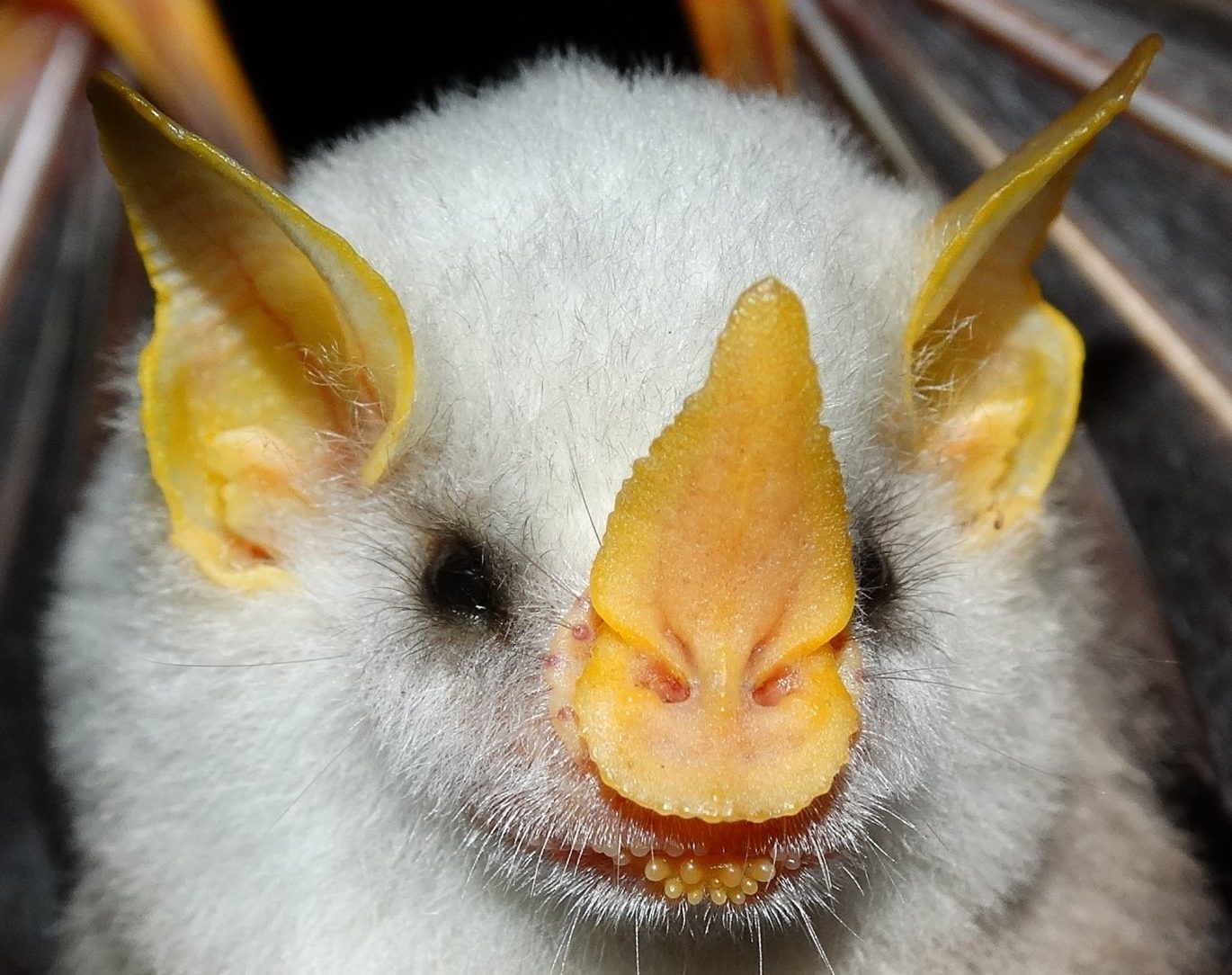In July, Jeff Riffell, David Villalobos and I went to La Selva Biological Station in Costa Rica to work on our NSF-funded project “Chance or necessity? Adaptive vs. non adaptive evolution in plant-frugivore interactions”. Going in the middle of the rainy season during an El Niño year made for a very stormy, wet, muddy and soggy couple of weeks. In what I’d like to call “the field season triathlon” (hiking, trawling, and reaching up), we were able to collect Volatile Organic Compounds (VOC) from the fruits of over a dozen species of Piper and other bat-dispersed plants, and fecal and tissue samples from nearly 100 bats. While mapping the VOC profiles onto phylogenies will enable us to investigate how fruit scent evolves in this system, analyses of the bat fecal samples will allow us to expand our current understanding of how much the bats rely on the different Piper species for food.
This autumn, Leith Miller and Ada Kaliszewska are continuing sample collection and analysis for this project in La Selva. Meanwhile, Laurel Yohe (a PhD student at our collaborating lab) gave a talk at the North American Symposium for Bat Research in which she presented preliminary results on the olfactory receptors of short-tailed fruit bats.
[Best_Wordpress_Gallery id=”9″ gal_title=”CR 2015″]


Comments are closed